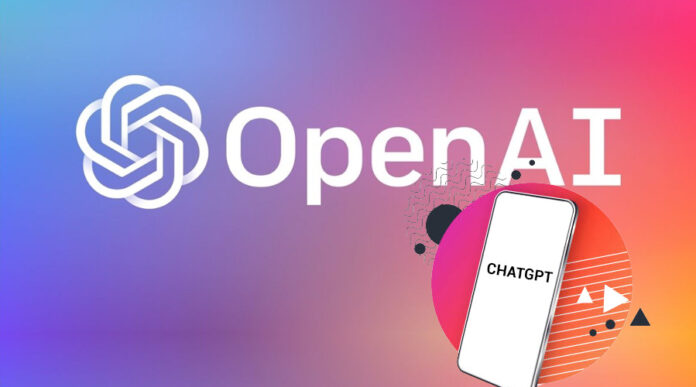OpenAI has launched a new family of AI models under the name GPT-OSS, offering open-weight versions of its language models to developers, researchers, and companies globally. The GPT-OSS release includes a massive 120-billion-parameter model suitable for powerful systems, as well as a more accessible 20-billion-parameter model that can run on standard laptops with 16GB of RAM. These models are now available on platforms such as Hugging Face, Amazon Bedrock, Groq, and even Saudi Arabia’s Humain AI, marking a significant step in democratizing access to high-performance AI.
While the models are referred to as “open-weight,” they are not fully open source. OpenAI has released the trained model weights but has withheld the datasets used for training. This distinction means that although developers can use and adapt the models, the underlying data remains proprietary. Nonetheless, this is OpenAI’s first release of open-weight models since GPT-2 in 2019 and represents a pivot toward more openness in the AI field, especially under increasing pressure from governments and academic communities advocating for transparent AI development.
This move also follows similar initiatives by competitors like Meta, which has released the LLaMA models, and Chinese firms such as DeepSeek. U.S. policymakers, in particular, have been pushing for the development of AI tools that can be scrutinized and benchmarked in open settings, to foster innovation and safety in the industry. OpenAI’s new release is a direct response to this momentum, offering an alternative to completely closed systems.
OpenAI had initially delayed the launch of GPT-OSS due to safety concerns, citing the risks of potential misuse once the model weights are publicly accessible. CEO Sam Altman noted that once such models are released, they cannot be retracted, highlighting the irreversible nature of open-weight distribution. Despite these risks, major corporations like Orange SA and Snowflake Inc. have already begun experimenting with GPT-OSS to power internal tools and applications.
To support adoption and experimentation, OpenAI has also launched an open model playground, allowing users to interact with the models directly. Comprehensive guides and documentation have been made available to assist developers in fine-tuning the models or deploying them through supported infrastructure partners. OpenAI is actively seeking feedback on this release, with the intent to shape future iterations and maintain a balance between openness and responsibility in AI development.
















